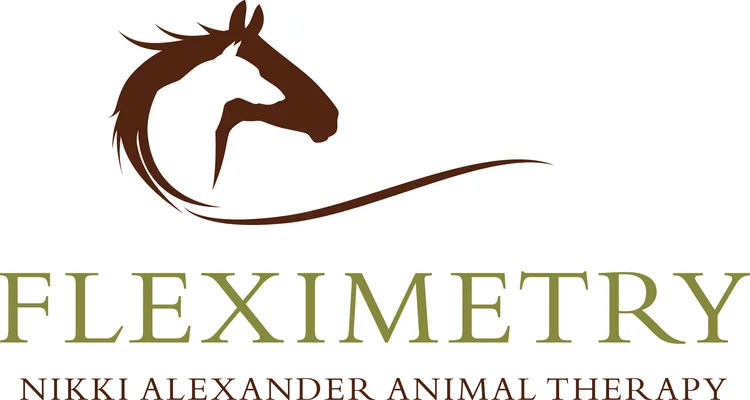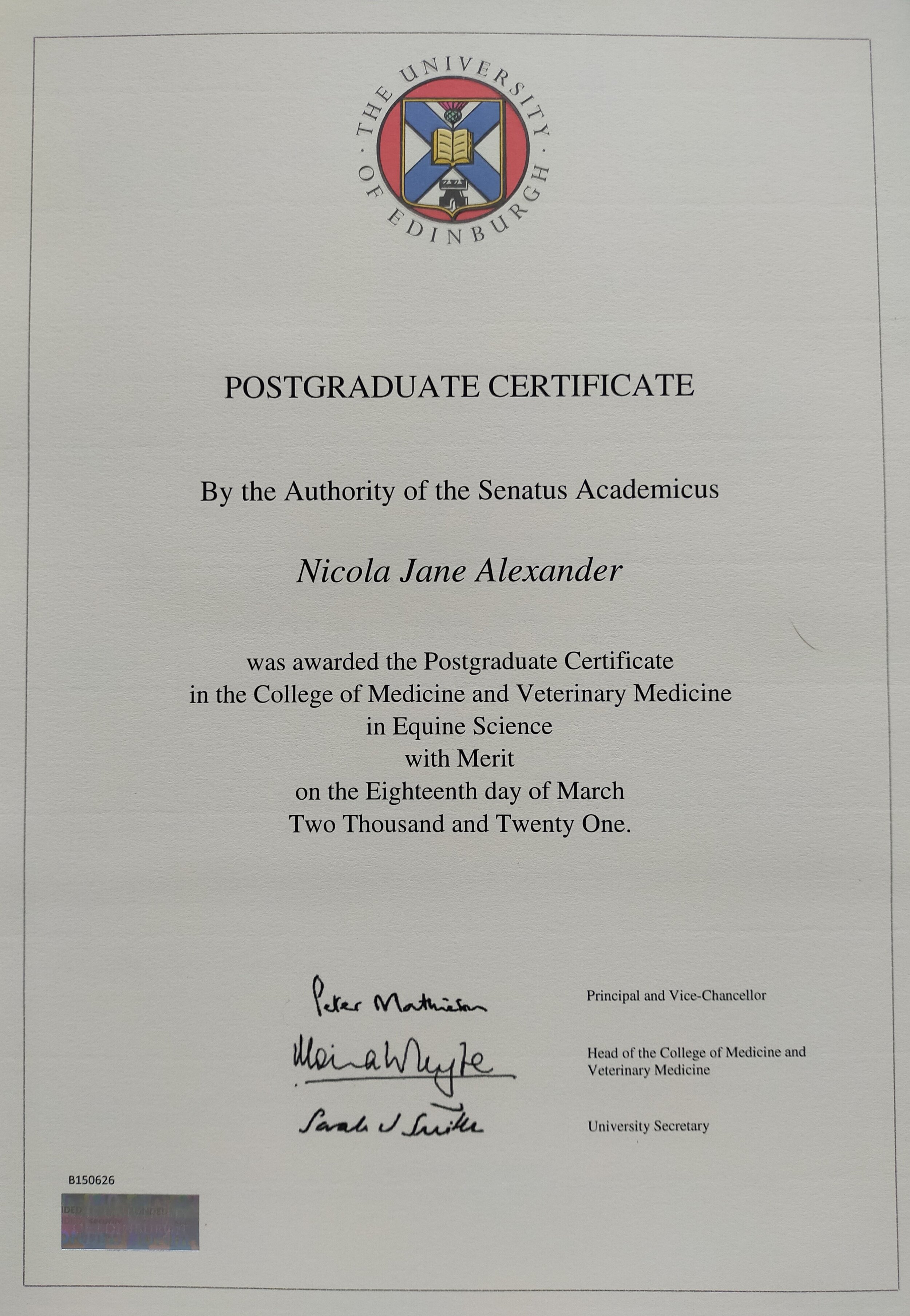The atlas is the first cervical vertebra and articulates with the occiput at the back of the skull and the axis. It is an extremely important bone as it protects the first part of the spinal cord and allows nerves to pass out to the rest of the body. This bone can easily become misaligned by pulling back on a head collar, falling, from tension through badly fitting bridles, poor riding or tooth problems.
I have seen many horses who have "behavioural problems" such as shying, bucking, reluctance to go forward and appearing unstable to ride. In some cases these animals have been brought to me as a last resort as they have been considered unrideable.
In these extreme cases it is not uncommon for the atlas to be severely misaligned. Once the adjustment has been made the horses can change dramatically within a few days, becoming easy to ride, more affectionate and less spooky.
If your horse is head shy, difficult to bridle or brush around the ears; seems to hang on one rein persistently or is difficult in the rein contact; is spooky or resistant to ride he may well be uncomfortable around his atlas. This problem can be rectified easily and will help your horse work comfortably and willingly.



